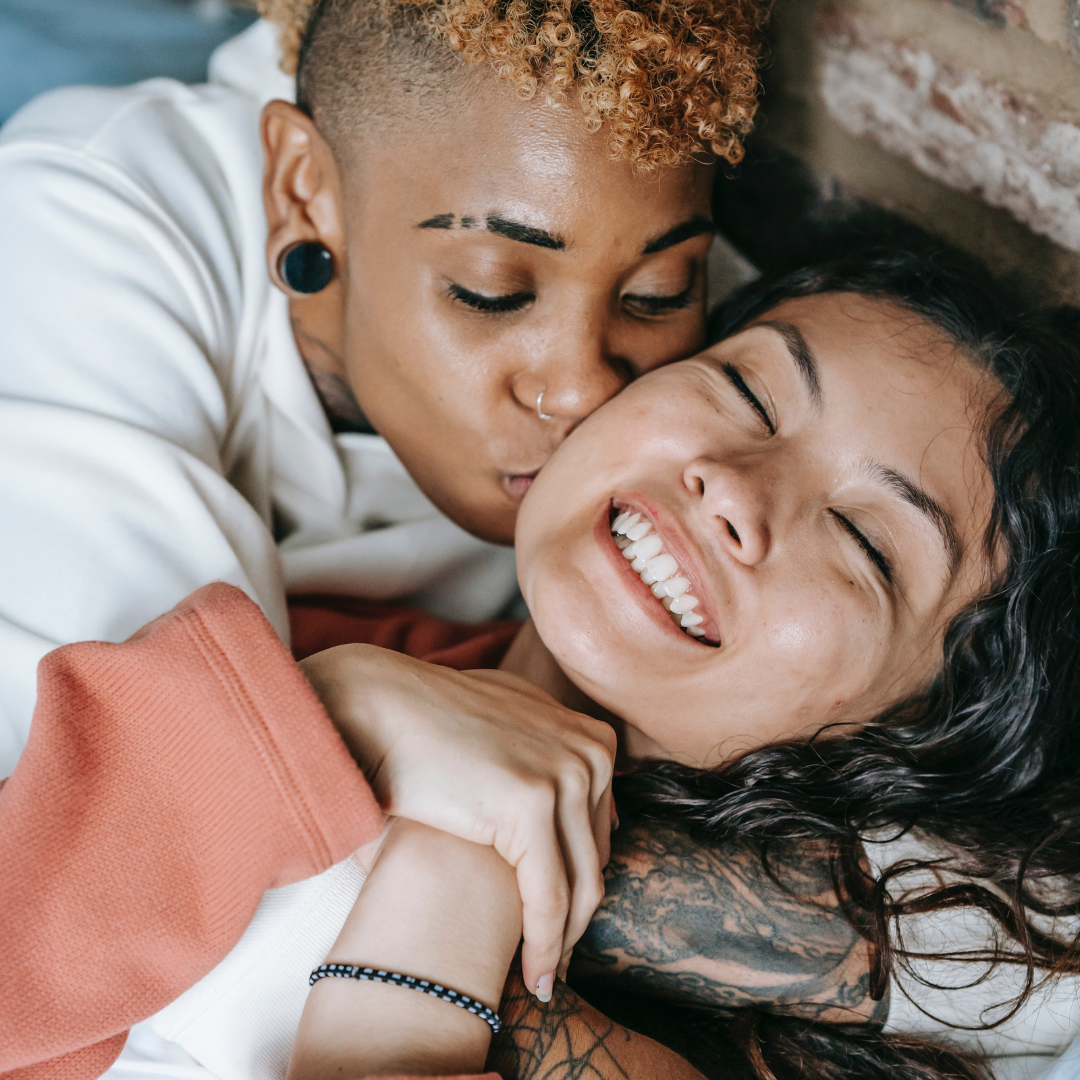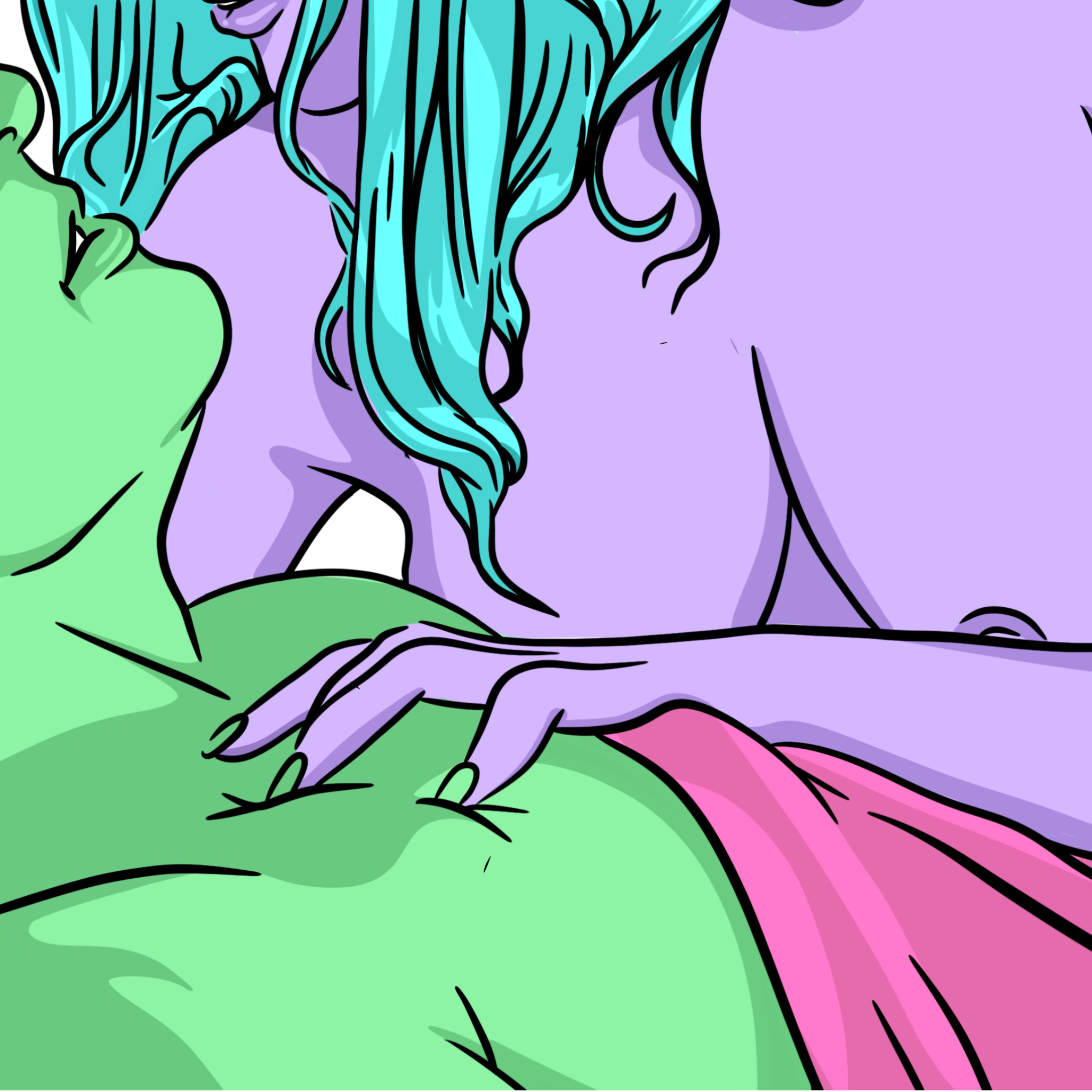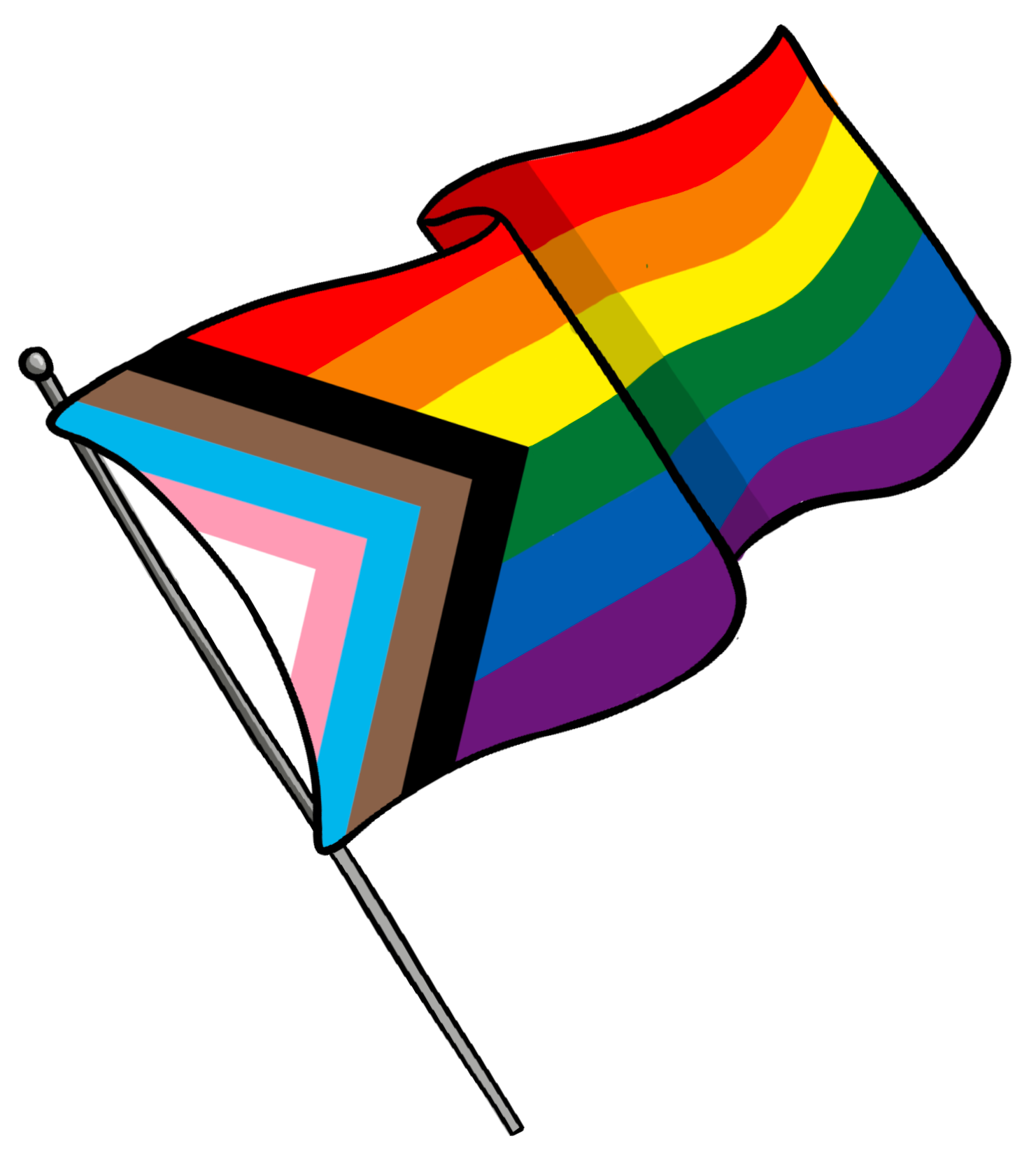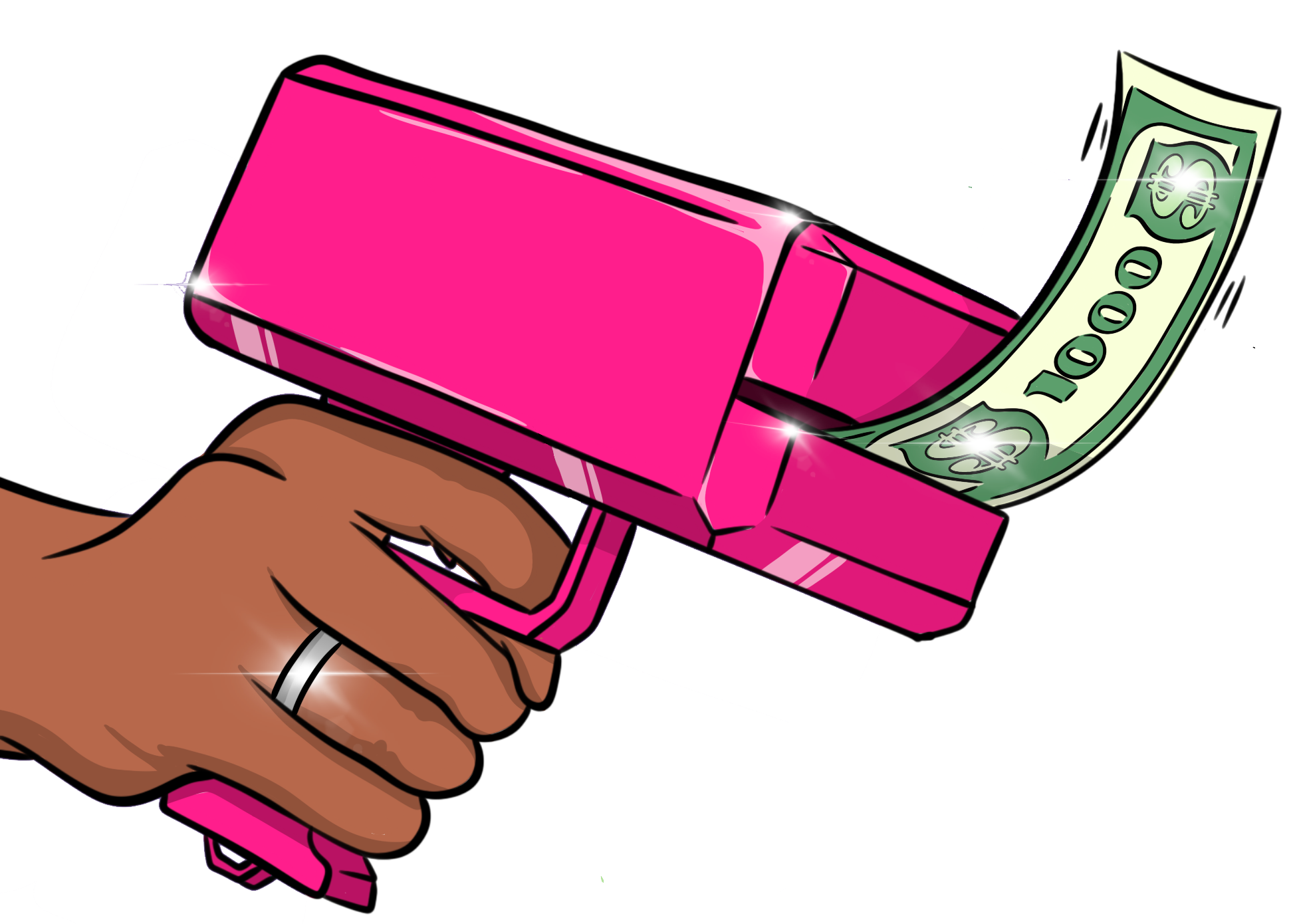Being old is NOT an excuse to be #racist, #homophobic or #transphobic - you are never 'too old' to unlearn!!
While it is important to recognise that people from different generations may hold different perspectives, it is crucial to understand that being old is not an excuse to perpetuate discrimination and intolerance. In this article, we delve into the significance of embracing diversity at every age and the importance of challenging prejudiced beliefs.
The Need for Intergenerational Understanding
Societal progress relies on the ability to foster intergenerational understanding and empathy. While it is true that individuals from older generations may have grown up in a different social context, it is essential to acknowledge that change is inevitable and necessary for societal growth. The younger generations, who have benefited from increased awareness and education about diversity and inclusion, have a responsibility to bridge the gap and engage in respectful dialogue with their elders.
Education and Awareness
Education plays a pivotal role in dismantling prejudice and bigotry. Society must invest in educational initiatives that promote understanding, compassion, and acceptance across generations. Older adults should be encouraged to participate in workshops, seminars, and other platforms that expose them to diverse perspectives and experiences. By increasing their knowledge and awareness, we can challenge outdated beliefs and foster a more inclusive society.
Promoting Positive Role Models
Influential figures from older generations have the power to shape opinions and attitudes within their communities. Encouraging these figures to speak out against racism, homophobia, and transphobia can be highly impactful. Recognizing and highlighting positive role models who have embraced diversity can inspire others to do the same. It is essential to amplify the voices of those who advocate for equality and challenge discriminatory behaviour.
Creating Safe Spaces for Dialogue
Constructive dialogue is crucial for fostering understanding and creating change. By providing safe spaces for intergenerational conversations, we can encourage respectful discussions on sensitive topics. These spaces should encourage active listening, empathy, and the exchange of different viewpoints. Through such dialogues, older individuals can gain a deeper understanding of the experiences and struggles faced by marginalised communities, promoting empathy and tolerance.
The Impact of Language and Stereotypes
Language plays a powerful role in shaping attitudes and beliefs. It is important to challenge derogatory language and stereotypes that perpetuate racism, homophobia, and transphobia. Educating older individuals about the impact of their words can lead to a more inclusive vocabulary and foster empathy. By promoting respectful language, we can create an environment where everyone feels valued and respected, regardless of their identity.
Continuing the Fight for Equality
Change takes time, and progress towards equality requires effort from all generations. It is essential to recognize that older individuals have lived through different social and cultural norms. Patience and understanding are crucial when engaging in conversations about discrimination and prejudice. The younger generations should strive to be compassionate educators, while the older generations should be open to learning and unlearning biases.
Being old should not be an excuse to hold onto outdated beliefs or perpetuate discrimination. Embracing diversity at every age is vital for creating an inclusive society that celebrates the uniqueness and worth of every individual. By fostering intergenerational understanding, promoting education and awareness, highlighting positive role models, creating safe spaces for dialogue, challenging language and stereotypes, and continuing the fight for equality, we can build a more tolerant and accepting future for all. Let us remember that it is never too late to change and grow, and that respect and inclusivity should transcend age.

